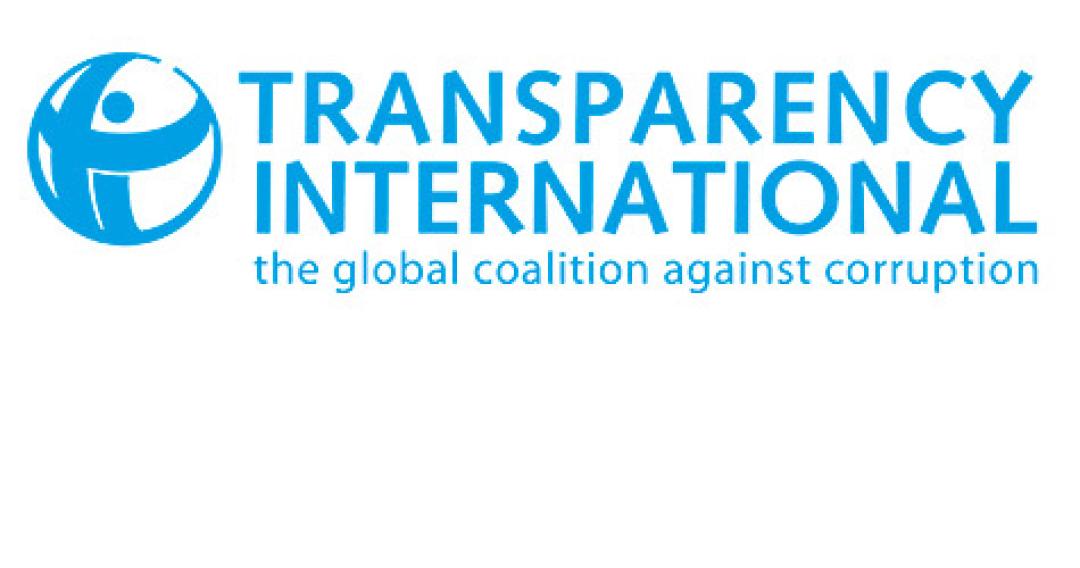
South Caucasus countries in Transparency International’s Corruption Perception Index 2020

On 28 January, Transparency International published their Corruption Perception Index for the year 2020. Armenia was ranked 60th, Azerbaijan 129th and Georgia 56th in this year’s index.
The Corruption Perceptions Index ranks 180 countries and territories by their perceived levels of public sector corruption, according to experts and business people. The Index is calculated using 13 different data sources from 12 different institutions that capture perceptions of corruption within the past two years. Armenia’s overall score was 49, Azerbaijan’s 30, while Georgia’s was 56 out of 100. Armenia recorded an improvement in their corruption perception scores in comparison to the year 2019, while Azerbaijan’s and Georgia’s score remained the same.
Of special importance in this year’s report was the correlation between the Covid-19 pandemic and anti-corruption measures. The report emphasised that the emergency response to the pandemic revealed enormous cracks in health systems and democratic institutions, underscoring that those in power or who hold government purse strings often serve their own interests instead of those most vulnerable. Corruption was prevalent across the Covid-19 response, from bribery for Covid-19 tests, treatment and other health services, to public procurement of medical supplies and overall emergency preparedness. The analysis showed that corruption diverts funds from much needed investment in health care, leaving communities without doctors, equipment, medicines and, in some cases, clinics and hospitals. In addition, a lack of transparency in public spending heightens the risk of corruption and ineffective crisis response.
The report stated that the region of Eastern Europe and Central Asia (where the three countries had been classified in) had the second lowest average score of 36 (last year it was 35), with only Sub-Saharan Africa having a lower score. Across the region, Covid-19 exposed ongoing governance and structural problems, highlighted widespread corruption, and exacerbated social discontent. It was highlighted that some political leaders used the crisis to increase their power, add restrictions to already limited access to information, eliminate transparency requirements from public procurement rules and renounce public accountability mechanisms. It was further elaborated that Covid-19 provided corrupt and authoritarian leaders with an excuse to reduce oversight of government spending and curtail civil liberties. These efforts decreased transparency of foreign aid spending, making it difficult to track funds and ensure appropriate distribution to the intended recipients. Only Georgia, Armenia and Belarus had an average score which was above the global average, while Turkmenistan, Tajikistan and Uzbekistan had the worst average scores in the region.
Russia was ranked 129th (score 30), Turkey 86th (40) and Iran 149th (25) in this year's report. The top countries were New Zealand and Denmark, with scores of 88 each, followed by Finland (86), Singapore (85), Sweden (85) and Switzerland (85). The bottom countries were Somalia, South Sudan and Syria with scores of 12, 12 and 14 respectively.
See Also


Yerevan Balances Strategic Ties with Both US and Russia, Says Foreign Minister

FM Mirzoyan: Peace Deal with Azerbaijan Is Within Reach

Pashinyan and Erdogan Hold Call, Reaffirm Commitment to Ongoing Dialogue

Ilham Aliyev and Masoud Pezeshkian Discuss Development of Bilateral Relations

